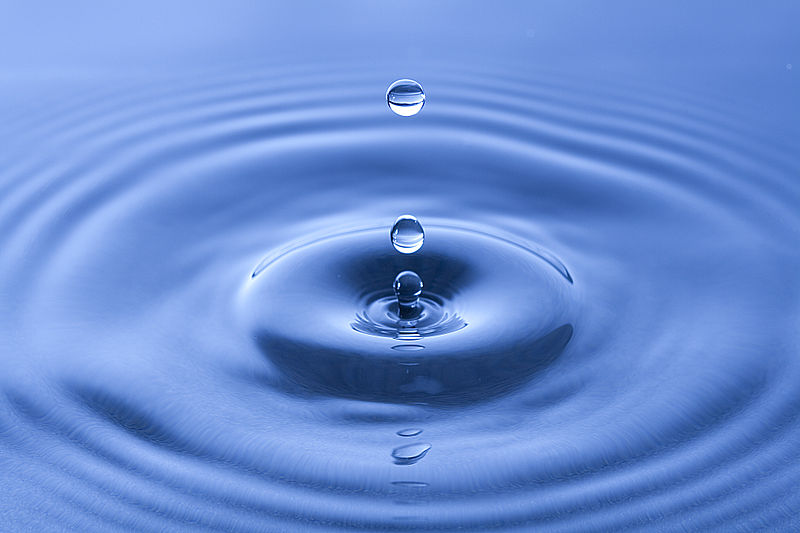
From tomorrow, at the United Nations Water Conference in New York from 22 to 24 March, the EU will be confirming its strong engagement for global water security by announcing
33 commitments for action starting now. These commitments will underpin the EU vision that by 2050, the world should be resilient to increasing water stress, providing water security for all.
The world is currently facing a water crisis driven by overdemand, mismanagement and the impacts of the triple crisis of climate change, biodiversity loss and pollution. 40% of the world's population live in areas affected by water stress. Water resilience is key to prevent and address the current and future health, food and energy crises.
The UN 2023 Water Conference is the first of its kind in almost 50 years, aiming to mobilise global action for water resilience and security. The EU delegation, led by Commission Vice-President Dubravka Šuica, will be presenting the EU voluntary commitments to the Water Action Agenda – a platform to accelerate global progress on the water-related sustainable development goals. The EU priorities for the conference include:
- Ensuring access to safe drinking water and sanitation as a human right;
- Protecting and restoring aquatic ecosystems for sustainable development, climate mitigation and adaptation;
- Promoting a more integrated approach to the management of water resources across sectors;
- Promoting circularity in the use of water for industry, energy and agriculture by increasing water efficiency and water reuse;
- Promoting transboundary water cooperation, as a catalyst for peace and security; and
- Mobilising public and private finance, research and innovation, and knowledge sharing.
EU commitments
The EU brings together a range of commitments to the Water Action Agenda. They draw on a number of policy actions and EU laws, leading water technologies, as well as extensive support to partner countries on water and sanitation. The EU contributions include:
- Supporting the improved access to water and sanitation for 70 million people worldwide;
- Securing safe drinking water in the EU and enhancing the availability of tap water in public spaces;
- Contributing to the reduction of water use in the EU by setting water-saving standards for products, and developing non-conventional supplies, such as reuse of treated water for agricultural irrigation or desalinisation;
- Tackling the pollution of our rivers and oceans, by 50% reduction of pesticides, nutrients, antimicrobials and plastic litter at sea as well as 30% reduction in microplastics;
- Increasing research and innovation, citizen engagement andblue investments: the EU as a whole and the EU Member States have committed over € 1.4 billion from 2021-2024 and additional commitments are expected until 2027;
- Increasing the restoration of rivers in the EU;
- Increasing the resilience of society to floods, droughts and sea level rise, by improving risk management, preparedness, and response;
- Reducing greenhouse gas emissions in water management, among others by reducing energy needs of urban wastewater treatment plants;
- Improving transboundary water cooperation, supported by Global Gateway investments: EU and Member States have committed over €1.1 billion for transboundary water management in Africa and Central Asia covering 47 countries and 18 major transboundary water basins.
The full list of commitments can be found here. Photo by Davide Restivo from Aarau, Switzerland, Wikimedia commons.

































